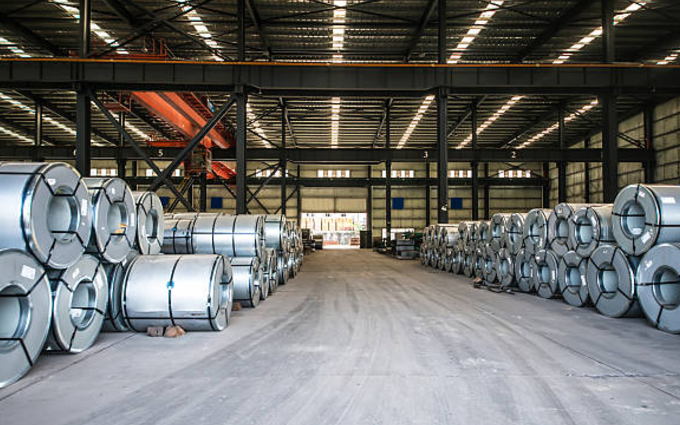
Posted on Tuesday, November 1, 2022
Benin’s burgeoning construction and manufacturing industries rely heavily on imported steel coils for various applications. Whether you’re a seasoned importer or new to the market, understanding the process, costs, and considerations for importing steel coils is critical. This guide provides a comprehensive overview of the steps, tariffs, delivery processes, key considerations, and answers to frequently asked questions to help you navigate the import process effectively.
The total cost of importing steel coils into Benin depends on several factors:
Benin’s customs framework is regulated by the West African Economic and Monetary Union (WAEMU), ensuring harmonized tariffs across the region. Key points include:
Q1: How long does it take to import steel coils into Benin? A: Shipping times depend on the country of origin. From Europe or Asia, transit can take 3-6 weeks. Add 1-2 weeks for customs clearance.
Q2: Can I get a duty exemption? A: Some industries in Benin may qualify for duty exemptions under special trade agreements. Check with customs officials or a trade expert.
Q3: What are the common challenges in importing steel coils? A: Delays in customs clearance, incorrect documentation, and quality issues with the shipment are frequent challenges. Proper planning and working with reliable suppliers can mitigate these risks.
Q4: How do I ensure my steel coils meet quality standards? A: Request material certification and inspect the shipment upon arrival. Working with reputable suppliers helps.
Q5: Is it better to import directly or through a local distributor? A: Direct imports may lower costs, but working with a local distributor can save time and reduce logistics complexity.
Importing steel coils into Benin requires careful planning, from understanding tariffs and delivery logistics to ensuring compliance and quality. By following this guide, you can make informed decisions and streamline the import process. For personalized assistance, consult with industry experts or logistics professionals to navigate specific challenges and opportunities in Benin’s steel market.

Used Purlin Roll Forming Machines for Sale Worldwide
Posted on Sunday, January 25, 2026
Pre-Owned Roll Forming Machines for Purlin & Structural Steel Profiles

Used Roof Panel Roll Forming Machines for Sale Worldwide
Posted on Sunday, January 25, 2026
Pre-Owned Roll Forming Machines for Roofing Panel Production

Used Roll Forming Machines for Sale Worldwide
Posted on Tuesday, January 20, 2026
Pre-Owned Roll Forming Machines with Inspection, Verification & Global Support

Steel Coil Supply for Roll Forming Machines Worldwide
Posted on Tuesday, January 20, 2026
Reliable Steel Coil Supply for Roll Forming, Fabrication & Manufacturing Applications
Copyright 2026 © Machine Matcher.